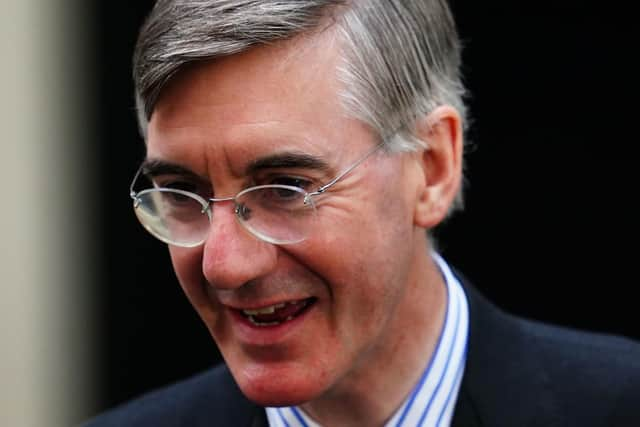Labour accuses Liz Truss of appointing an energy minister 'from the 1820s'
Research conducted by the party found that he has previously opposed a windfall tax, as well as the expansion of nuclear and renewable energy.
He has previously attacked the previous government’s net zero ambition, which Downing Street confirmed yesterday was still the policy of this administration.
Advertisement
Hide AdAdvertisement
Hide AdEd Miliband, Labour’s shadow climate change minister, said: "We need an Energy Secretary for the 2020s not the 1820s. But everything that Jacob Rees-Mogg has said on energy is stuck in the past.


“He has spent over a decade in Parliament making the wrong calls on energy price caps, nuclear power, renewables, fracking and seeking to undermine the science on climate change.
“If Ministers had acted on Rees-Mogg’s views then Britain would be even more exposed to skyrocketing energy bills this winter, more dependent on expensive fossil fuels and even less prepared to tackle the climate crisis.
"This is someone who has opposed Labour's windfall tax that would make oil and gas giants pay their fair share, to help freeze energy bills."